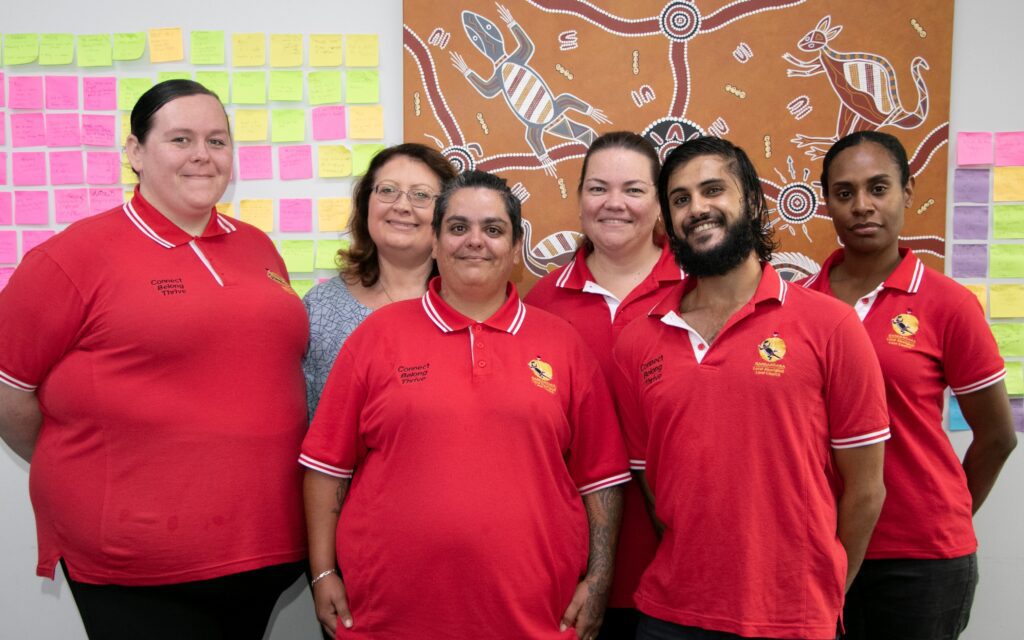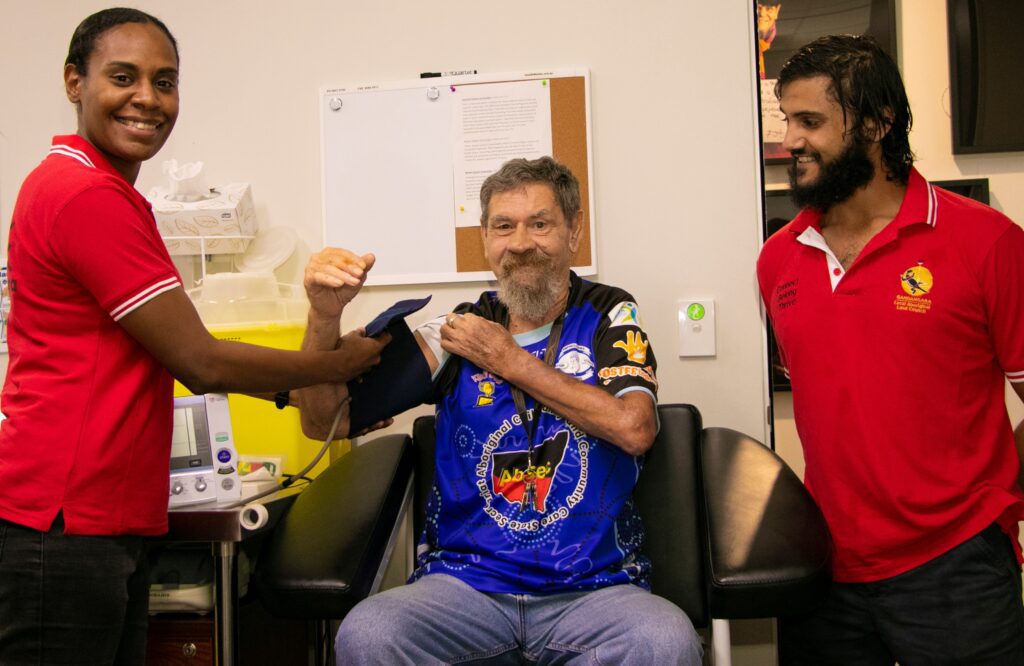
Learning how to provide healthcare in a culturally safe way was the most important thing, says Sarah Robinson.
“Culturally safe healthcare provides an access point for those who might not seek care through mainstream channels,’’ she says.
“It’s just about getting in there and having a yarn with the patients, be real with them. Don’t be fake.
“Don’t tell them what you think they want to hear.
“It is great to be able to give back to Aunties and Uncles and have real conversations,” she said.
Ms Robinson, along with Khloe Bolton, Jestyn Nand and Latia Anu, recently completed a First Peoples traineeship program ultimately aimed at helping to close the gap in health outcomes for Indigenous Australians.
South Western Sydney Public Health Network and Gandangara Local Aboriginal Land Council joined forces to deliver a project that is set to make a tangible difference to the lives of Indigenous residents in Macarthur.
The four trainees selected completed two certificate IV TAFE college courses.
One undertook the dual mental health and alcohol and other drugs course.
Three completed the Aboriginal and/or Torres Strait Islander primary health care course.
The trainees gained practical experience during their traineeship, learning skills in clinical areas like wound care and pitching in to help with Gandangara health service’s response to Covid-19 through vaccination clinics.
The traineeships also provided them with the skills to act as ambassadors to the community and role models for their families and the broader community.
Responsibilities included giving Rapid Antigen Tests and taking weight, height, blood pressure and oxygen saturation levels before patients saw a GP.

Khloe Bolton said the course provided her with a better understanding of the concerns and needs of people in her community, and how she could help make a difference to their health outcomes.
“It was all-hands-on-deck,” Ms Bolton said.
“We were doing our course, but we were also learning on the go.
“Being part of Gandangara Local Aboriginal Land Council gives me opportunities to help facilitate connections for our clients – whether it be membership, transport or to have a yarn.”
Both Ms Bolton and Sarah Robinson are now in a part-time bachelor of nursing course at Western Sydney University, while working full-time at Gandangara Health Services.
“The more we learn, the more we can do for the community,” Ms Robinson said.
“Our trainees are role models for those close to them, showing what it is possible to achieve when you are given an opportunity, support and mentoring,” says Gandangara health services manager Angela Spithill.
